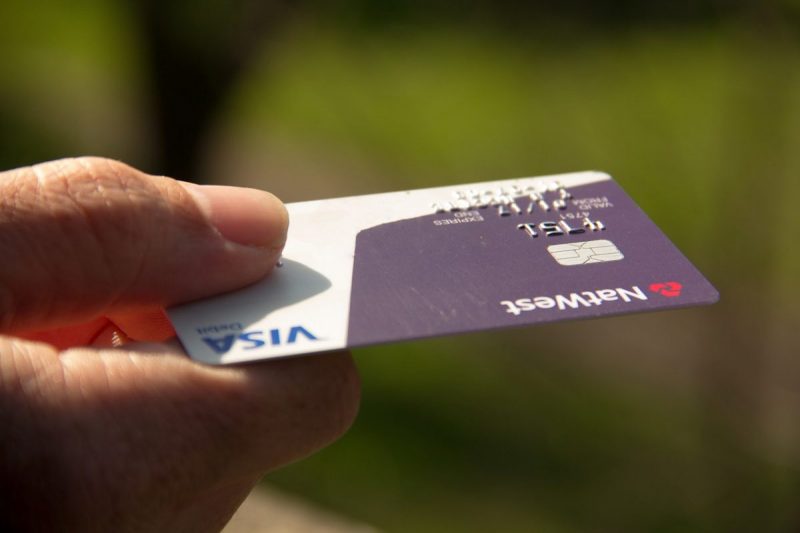Unsolicited credit card offers can flood your email box and mailbox, and you are likely not going to give them a second glance.
But once you are ready to add another credit card to your personal arsenal, you must understand all the essential features before you make your final decision.
Credit cards are not a one-size-fits-all kind of thing. Each one has specific and varying terms and conditions associated with it, and as such, before you get one, ask these crucial questions.

1. Is it the Right Time to Apply?
Yes, there are right and wrong times to apply for a credit card. Are you thinking of financing your home? If so, then this is the wrong time to apply. This is because whenever you get a loan, lenders consider your current debt load. This, in turn, reduces your purchasing power and increases your debt ratio. There is no harm in getting a credit card, just ensure it doesn’t interfere with your ability to obtain financing in the future.
2. Am I the Right Person?
There is a credit card for every type of borrower. Before you accept the offer, ensure you fully understand all of the qualifications. Otherwise, you are wasting time applying for a credit card you are not eligible to receive. Some cards are specifically meant for people with excellent credit scores, and others accept those with a low credit score. Companies usually screen to match applicants with the appropriate card.
3. What is the APR?
If you plan on carrying your balance month to month, ensure you fully understand the credit card’s annual percentage rate (APR). This helps you know how much interest you are to pay in the event you don’t settle your monthly credit card charges. This, however, will vary depending on your credit score. You should aim for the credit card with the lowest rate.
4. Is There an Annual Fee?
Certain credit cards come with an annual fee ranging between $50 to $450. However, not every card comes with a yearly fee, and this depends on many factors. Ensure you have clearly read and understood all the information concerning card fees. If you want a basic card, let your insurer know, so they can advise you accordingly. Whether or not you want a card that has an annual fee depends on your personal finances and priorities for your card.
5. Are There Rewards Programs?
Many credit cards offer rewards in terms of cashback, points, and miles. All these work differently depending on which card you apply for. Go for a card that best suits your lifestyle. For instance, if you frequently travel, go for cards that have travel rewards or one that allows you to earn points redeemable for travel.
6. Does Your Bank Report to the Bureau?
There are three major credit card issuers, but not every card company reports to them daily. Whether you want to improve or build your credit score, choose a company that will inform your activity directly to the bureaus every month. This information is available in the terms and agreement. You can also call your bank for more information.
7. Will I Need Another Credit Card?
Getting a credit card offer doesn’t mean you have to take the offer. Consider what this card will bring on the table. Will they offer you additional perks or offer you cashback? Are there cards with sign up offers? It is important to carefully analyze how the offer will, or will not, benefit you. If you can’t keep up with monthly payments, adding another card to the fix will only complicate your finances.
8. What About Fees?
When applying for a credit card, keep in mind that costs do not stop at APR and annual fees. There are other fees involved, and you should consider all these. Costs such as cash advance fees, late fees, and balance transfer fees also exist. What if you travel to another country? Will there be any foreign transaction fees? These are all important things to clarify before opening a card.
9. What Else Does the Credit Card Have to Offer?
Apart from reward programs, credit cards come with many incentives to lure in customers. For instance, some give you free access to your credit score. Some also offer car rental insurance, price protection, extended warranty protection, and other perks.
10. How Does the Offer Compare to Other Offers?
Reviewing one credit card is not enough. You should compare it with other cards on the market and see how they differ. You cannot identify whether a card is good until you see all the options. Whereas the interest rate and fees seem fair, shopping around might open your eyes to something better. Compare at least three cards before making your final choice.
Conclusion
The credit card market is wide and full of options that are hard to sift through. When trying to decide if you want a new card or even your first credit card, make sure to ask yourself and the bank these questions to guide you to the right direction.
Disclaimer: All credit products carry risk. Be aware of these risks by reading the associated terms and conditions.
